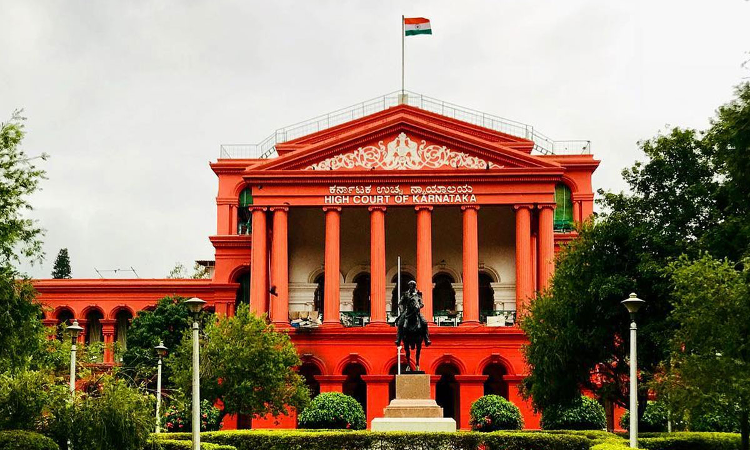Sister Cannot Seek Compassionate Appointment Upon Death Of Married Brother: Karnataka High Court
Mustafa Plumber
13 Sept 2023 11:54 AM IST

Next Story
13 Sept 2023 11:54 AM IST
The Karnataka High Court has held that a sister cannot be appointed on compassionate grounds upon the death of her married brother, who was working as Junior Line Men with Bangalore Electricity Supply Company (Bescom). A Division bench of Chief Justice Prasanna B Varale and Justice Krishna S Dixit referred to Rule 2(1)(b) of Karnataka Civil Services (Appointment on Compassionate Grounds)...
